7 Ways To Help A Depressed Elder
It was just the other day that we were discussing depression issues of elders at home; they complained of old age, weakness, and disinclination to do anything positive in their lives. They also complained of life not being worth living; they refused help when we wished to help them. Our main concern was how we could protect our elders from depression.
Ways to help a depressed elder:
1) Depression is not normal stress or bereavement, but a mental condition that requires a shoulder to cry on. The first thing that we could do is to note symptoms like not eating well and losing interest in certain activities over a period of time.
2) Some elders get depressed after a loss or any upsetting incident; elders have suffered a lot in life and so have less coping skills than the young. It would however help to ask the elders what they feel specifically about the object of trouble; listening carefully and empathically to them would help give them direct support and comfort.
3) It is quite characteristic for elders to deny that they are sad or lonely because they do not want to be a burden on the family. It would be smart to note other signs of distress like excessively wringing their hands, having difficulty in sitting still and getting generally agitated or irritable.
4) I do agree that it is difficult to make a person that says he is not depressed to cooperate for treatment; certain psychiatrists say that it pays to listen carefully to what has changed in their life. Using words like depression, drugs or therapy may just make them try to cover themselves up; it pays to address the issue of how he/she can get sound and good sleep when they complain of sleeplessness.

5) Even if the elder does not buy the idea that he is depressed, family members need to be aware of what this disease can cause. Dealing with these elders can be tough; you have to not make them feel guilty by asking them to be active. It is significant that some are very sick to even get out of bed.
6) Depression is a disease, not a disability; it is best to not help elders in things that they can do by themselves as we would soon make it a disability.
7) You could help your elders a lot by trying to participate in medical care; geriatric psychiatrists are prohibited from disclosing information to the patient’s family without their permission. So doctors may not be able to reveal certain information; however the family could help their elder by calling the doctors and letting them know all the things that they have observed in the elder.
Image Coutesy: Google
Take the next step toward your goals
Share your requirement and find the best care providers in your area
-
Looking for a caretaker’s job? Build your profile and get in touch with families in your vicinity.
-
Discover nannies, babysitters, cooks, housekeepers, pet sitters, and elder care under one roof.
-
Get all the support you need to run a successful care center.
-
Search for appropriate centers near you depending on your needs.
Care Corner Insights: Blog Library
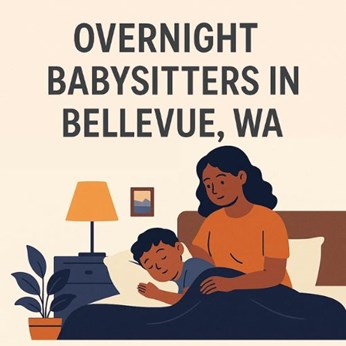
Overnight Babysitters in Bellevue, WA for Business-Travelling NRI Parents: Safety & Policies
For many NRI parents living in Bellevue, WA, frequent business trips are a reality. While traveling, one of the biggest concerns is ensuring your children are safe, cared for, and emotionally supported during overnight stays. Overnight babysitters ca

Indian Home-Style Cooks in Queens, NY: Tiffin-Style Weekly Meal Prep from Your Kitchen
Queens, NY, is home to one of the most diverse food cultures in the country, and Indian cuisine holds a special place among families looking for authentic, comforting meals. While restaurant takeout is convenient, nothing compares to the taste and nu
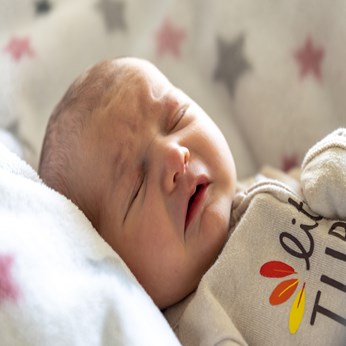
Baby Sleep Problems: What is Sleep Regression and How to Handle It
If you’re a parent, you know that baby sleep is one of the greatest mysteries of life. One day your little one is snoozing like an angel, and the next day they’re suddenly waking up every hour, fussing, or refusing to nap. Before you panic, there’s a
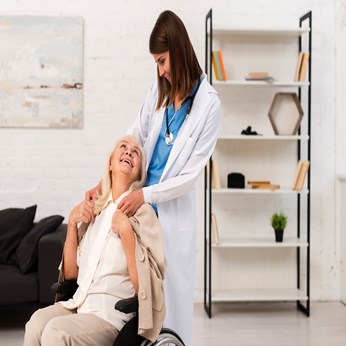
What is Validation Therapy? A New Approach to Dementia Care
Caring for loved ones with dementia is one of the most emotionally challenging journeys a family can face. Traditional methods often focus on correcting memory lapses or redirecting confused thoughts—but that can sometimes lead to frustration, stress
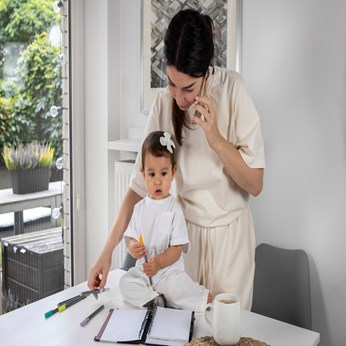
What is a Part-Time Nanny and Do You Need One
Parenting is a beautiful journey, but let’s be honest—it can also be exhausting! Between work deadlines, household chores, and family responsibilities, sometimes there just aren’t enough hours in a day. That’s where part-time nannies step in, offerin
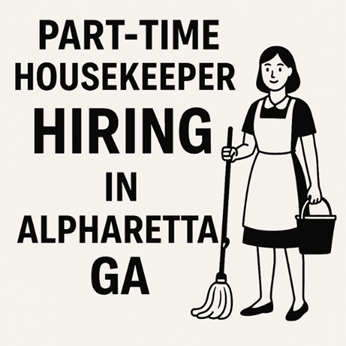
Part-Time Housekeeper Hiring in Alpharetta, GA: Weekly Schedules, Pricing, and Must-Do Tasks
Keeping a home spotless while balancing work, family, and personal commitments can be overwhelming. For families and professionals in Alpharetta, GA, hiring a part-time housekeeper is one of the most practical solutions. Whether you need help once a

Affordable Daycares in Irving, TX with Indian Menu Options: Parent Reviews & Enrollment Tips
Finding the right daycare for your little one is never an easy decision—especially if you’re looking for one that fits your budget and offers familiar food options like an Indian-inspired menu. For parents in Irving, TX, the good news is that several
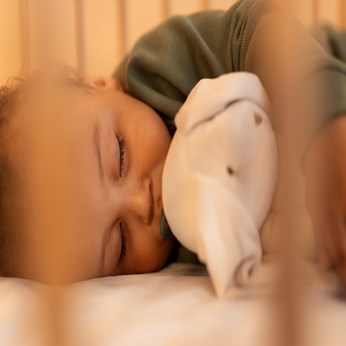
Can Babies Sleep on Their Side? Tips for Safe Baby Sleep
When it comes to newborns, every parent worries about the smallest details—how they sleep, what they wear, even which way they turn their tiny heads. One common question that pops up is: “Can babies sleep on their side?” The short answer? Not recom
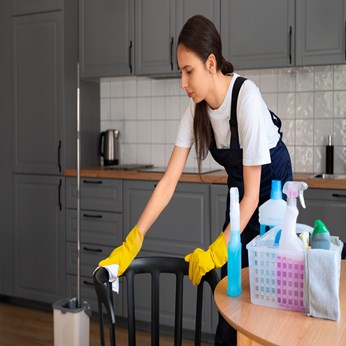
8 Benefits of Hiring a House Cleaner for Your Home
Let’s be honest — keeping a home sparkling clean while juggling work, family, and daily life can feel like a full-time job in itself. That’s where professional house cleaners step in, turning the chaos into calm. If you’ve been debating whether to br
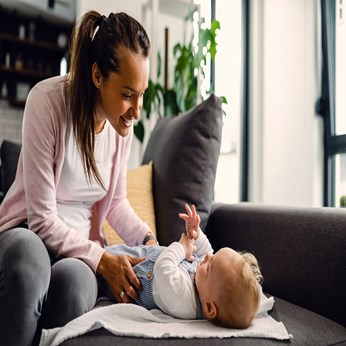
How to Care for a Gassy Baby? What’s Normal and what’s not – Expert Advice
If you’re a new parent navigating the world of burps, bubbles, and baby fussiness—welcome to the club! Gas in babies is incredibly common, especially in the first few months. But how do you know what’s normal and when it’s time to call in expert help